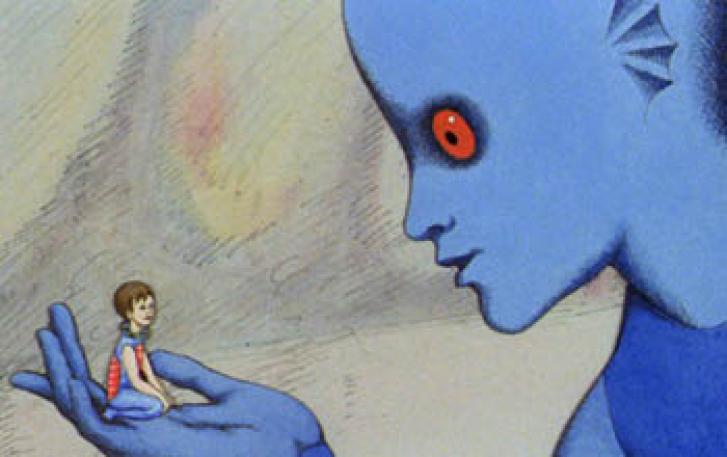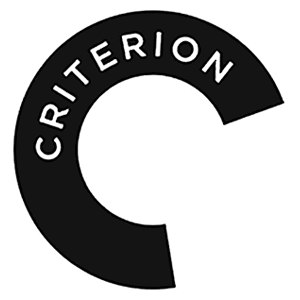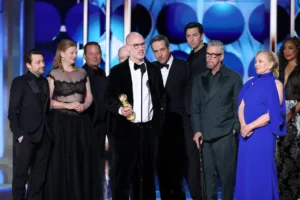‘Fantastic Planet’ Review: Science Fiction Has Never Appeared As Radical, Nor Bleak

Photo Courtesy of OMSI
★★★★
Enigmatic animation at its peak portrayal
Motion picture animation is a modernist’s flavor of film that deciphers the contrast between illusion and actuality. It’s a painfully arduous concept to comprehend, as a contemporary artist who considers their stylistic vision to be a product of the historical pioneers of cinema, as to why this more synthetic form of filmmaking has taken a radical turn in terms of directorial acceptance over the past few decades. The shocking nature of it all derives from how we see the animated projects through a more philosophical scope. Most of the influential works of animated cinema have built off the foundational theories of telling a story within a story. Needless to say, the boundaries elongate to limitless degrees as certain artistic subtexts within these animated motion pictures appear to acquire an incredibly elevated semblance of satirical themes. Moreover, the way animation can tell a substantially less pragmatic narrative while constantly maintaining a symbolic, existential connotation is why my praise for the art-form has only augmented from its manifestation point. However, the origin of this meticulously choreographed concept has chiefly sprung from the seeds of the fore-fathers of animated cinema; and in 1973, one of the most controversial artistic voices of René Laloux finalized an influential, idealistic piece by the name of “Fantastic Planet.”
René Laloux’s 1973 animated work of film consults with some of the most humanistic thematic points of entry without ever utilizing a single realistic visual. Nonetheless, “Fantastic Planet” is remarkably peculiar, but it envelops you into a world in which the human race is not depicted as any sort of superior civilization. In a sense, this film is a representation of conceptual ideas that we, as humans, will never truly confront through a first-person’s scope. I found that René Laloux had almost attempted to grasp the incisive levels of a muckraker of post-progressivism. Each singular element of “Fantastic Planet” is a subtle reflection of social discrimination towards the more neglected civilizations of our modern world by, specifically, average earthly inhabitants. For instance, the tiny ant on the asphalt street that young elementary school children decide to surround and heckle for a solid ten minutes is a prime point of René Laloux’s theme. And on the duplex spectrum of reactions to the core climactic confrontations of “Fantastic Planet”, you find yourself both mystified and fascinated. As soon as the credits engulf the screen in a black coating, you don’t know whether to perch yourself on a floorboard and meditate on your most personal trepidations or stand up and start applauding this utterly realistic plot consummation.
And from the perspective of a realist, you may begin to confront your sympathetic notions for the human race or encase yourself in solace for the races we continue to take for granted in our modern world. Furthermore, the characters within “Fantastic Planet” make you feel so uneasy as the themes of the script begin to tether both racism and animal rights with role-reversal methods that shock your subconscious to the point of pure terror. And in general, the film is an intense whirlpool of philosophical, methodical, and impractical ideas all being spliced into the visual form of animation; but truthfully, there’s nothing purer than what lies beneath the very soul of this dream.
Streaming Services Provided By :














